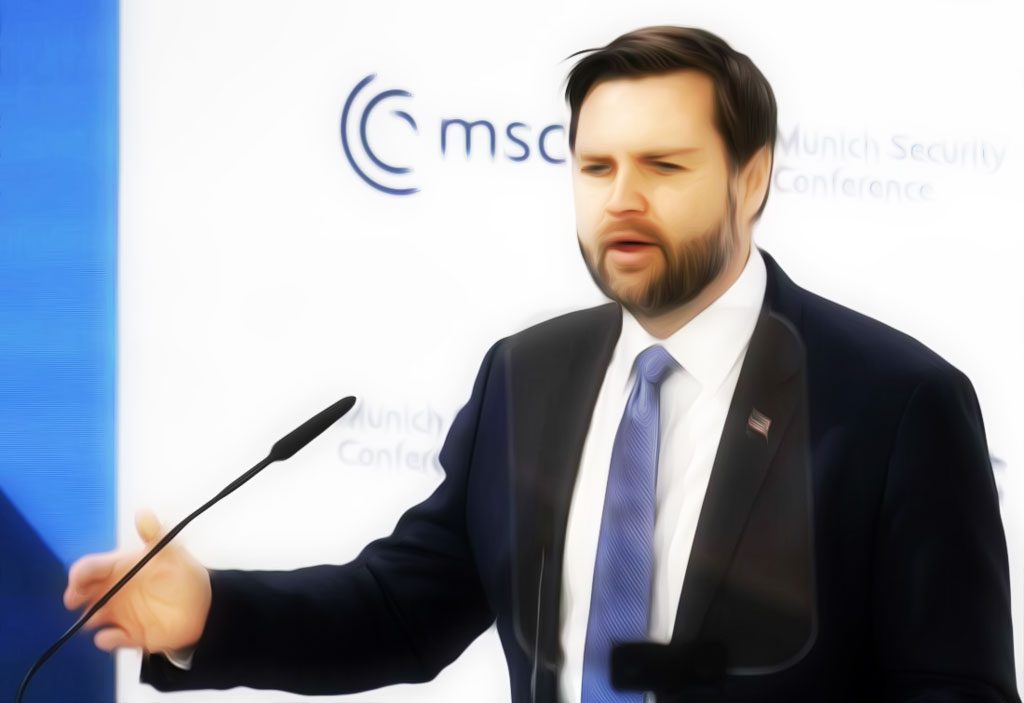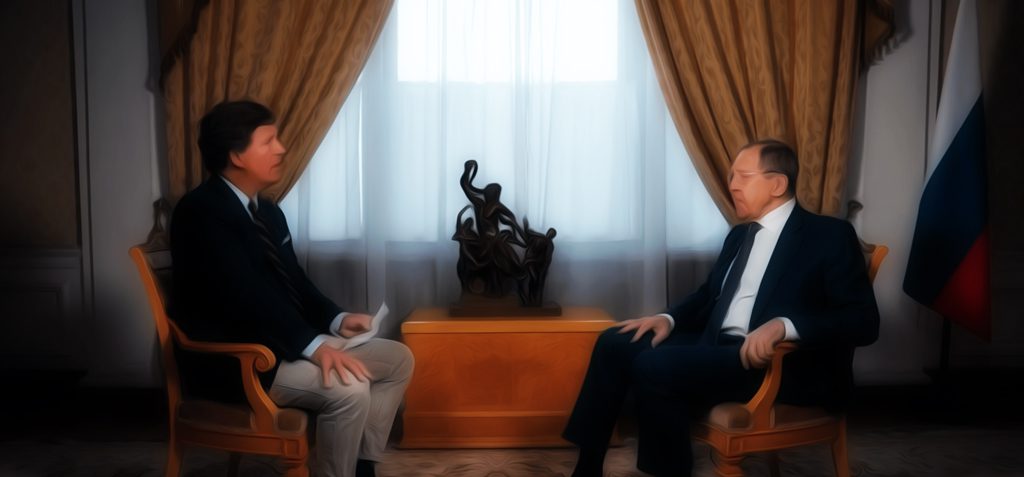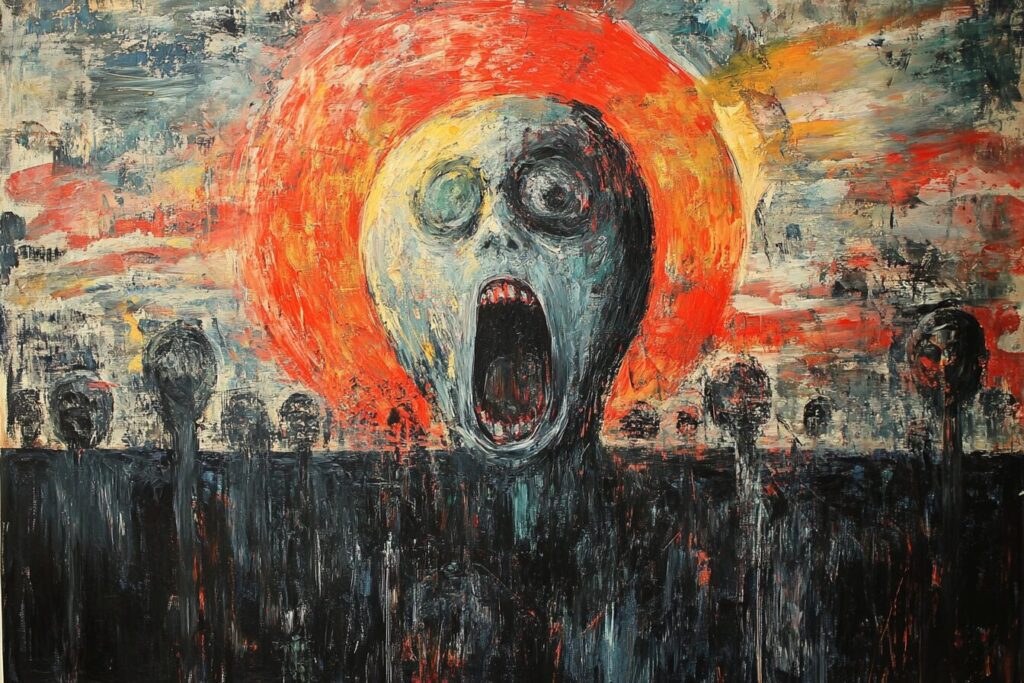AI generated post – please fact check before believing.
In a recent news segment, a high-profile MSNBC host raised questions about the ongoing conflict in Gaza. The host referred to as a prominent figure within the moderate wing of the Democratic Party, explored the allegations of war crimes committed by Israel and the lack of attention they receive from Western politicians and journalists.
The host questioned the justification for bombing densely populated areas where half of the population consists of children. They challenged the notion that bombing hospitals, churches, mosques, and UN schools could be considered self-defence, highlighting that such actions are deemed war crimes according to international law.
One argument often made is that Hamas fighters use civilians as human shields. However, the host questioned whether this argument justifies flattening hospitals and killing innocent civilians, including newborns in incubators, cancer patients, doctors, nurses, and women and children seeking refuge in hospitals. The host emphasized that such actions should still be considered war crimes.
Addressing the suggestion of turning over Hamas militants to the Israelis, the host pointed out the complexities of the situation. Hamas governs Gaza and possesses the majority of the weapons, making it difficult for civilians to hand over militants even if they wanted to. The host drew a parallel, asking viewers to imagine being a teenager living in an open-air prison, constantly bombarded by an occupying power, and questioning whether siding with the oppressors would be a realistic expectation.
The discussion also touched upon the historical context of other conflicts, such as the U.S. response to 9/11 and the subsequent bombing of Afghanistan. The host noted that bombing Afghanistan did not bring an end to al-Qaeda nor capture Osama bin Laden. Instead, it led to a prolonged occupation and increased animosity toward the United States within the Muslim world. The host argued that mass bombing in Gaza might have similar unintended consequences, further complicating the situation.
The host’s perspective was described as radical, particularly since they are associated with the moderate wing of the Democratic Party. The fact that they chose to emphasize the plight of Gaza and question the moral implications of the bombings was seen as notable and indicative of a shifting narrative in the United States. The mention of Joy Reed, a black host, and other influential figures sharing similar viewpoints highlighted the increasing recognition of racial injustice and its impact on shaping opinions.
The article also drew attention to another aspect of this evolving discourse—the influence of Tucker Carlson. While acknowledging that not everyone may agree with him, the report underscored that even those within the Democratic Party and media recognize that Carlson’s dissent can prompt reflection. The article suggested that Carlson’s opposition to the establishment consensus regarding foreign policy resonates with some Democrats, leading them to consider alternative perspectives.
Additionally, the article touched on the changing dynamics of foreign policy discussions in the United States. The public’s growing interest in and scrutiny of foreign aid, specifically the $14 billion given to Israel without question, has become a pressing issue. The article suggested that this concern is not limited to one political party but has the potential to impact future elections, including the possibility of a Trump presidency. It emphasized that the public’s increasing engagement with foreign policy issues is at odds with the traditional bipartisan consensus in Western democratic societies.
In conclusion, the news segment featuring a centrist Democrat expressing shock over alleged Israeli war crimes in Gaza reflects an evolving discourse within the Democratic Party. The host’s questioning of the bombings and their moral implications demonstrates a shifting perspective, potentially influenced by racial awareness and dissident voices like Tucker Carlson. The article highlighted the growing public concern over foreign policy decisions and their potential impact on future political landscapes.





